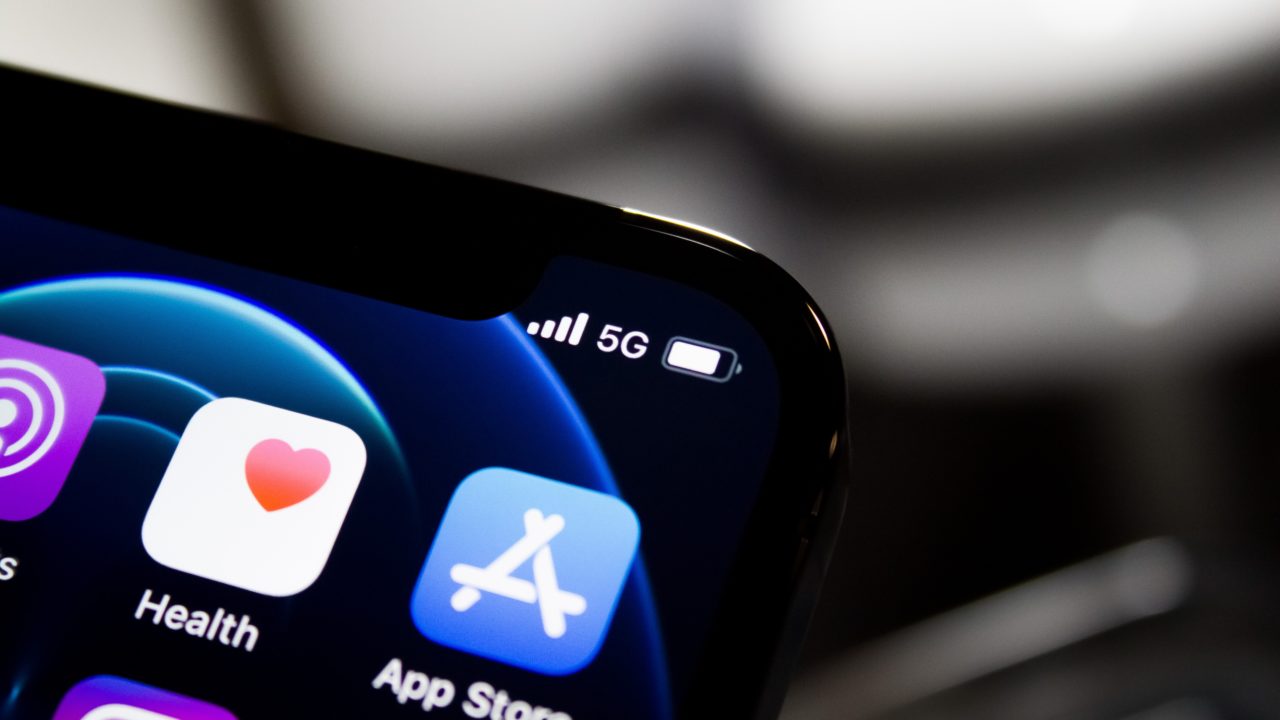
Epic’s Project Liberty will Harm Other Developers
By: Bridget Visconti
Epic’s “Project Liberty” is anything but liberating for small app developers.
In the ongoing court case between Epic Games and Apple Inc., Epic is aiming at getting government intervention to impact their bottom line, which is not the role of government in a functioning free market. Epic managed to manufacture an antitrust case against Apple in an attempt to get out of their mutually agreed upon terms.
Epic turned this whole case into a massive PR stunt through the creation of “Project Liberty.” They claim that they are going through with the case to help liberate app developers everywhere, however, through testimony they show that they have no real grasp on how their case will impact other app developers or consumers.
When Judge Yvonne Gonzalez Rogers asked Epic CEO Tim Sweeney, how this case would impact app developers in sectors outside of the video gaming industry, he stated that he did not know. This begs the question, if you don’t know how your court case will impact all app developers, how can you state that your case is liberating them?
In the summer of 2020, Epic asked Apple for an exception on the policy that requires all apps that are available for download on iOS be done so through the App Store. Instead, they wanted Apple to permit Epic’s app store to be able to be downloaded on Apple devices, which would allow them to circumvent Apple’s payment system and security screenings. Apple said no to making this special deal because of the harm it would pose to consumers. When asked in court, Sweeney stated that if he was offered such a deal from Apple he would accept it. This illustrates that while Epic keeps saying that they are taking on Apple for the sake of all app developers, at its core they are really just looking out for themselves.
By Epic and other major app developer asking for government intervention into the app store market are attempting to uneven the playing field. Only major app developers can afford resources like lawyers and lobbyist to ensure that they are complying with federal regulation. This puts a huge burden and disadvantage on smaller app developers who cannot afford such resources.
There are over 20 mobile app stores that help facilitate the $1.7 trillion app ecosystem. These app stores are owned almost entirely by US companies, and this is not by accident. The US has a functioning free market, meaning that competition and consumers, through their purchasing power, determine what businesses thrive and which ones fail. That is the way, that the US always functioned and should continue to do so in the future.
The ongoing app store debate is merely about the government impacting the bottom line of large corporations which is not the government’s job. Free markets are the best way to ensure that companies continue to innovate, compete, and provide consumers with the best goods and services.
Photo Credit: James Yarema